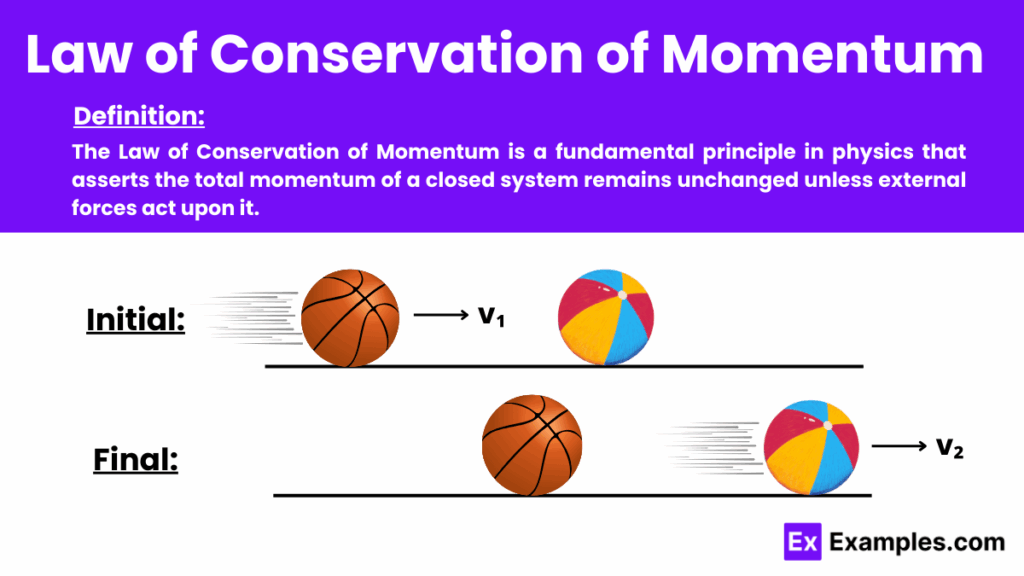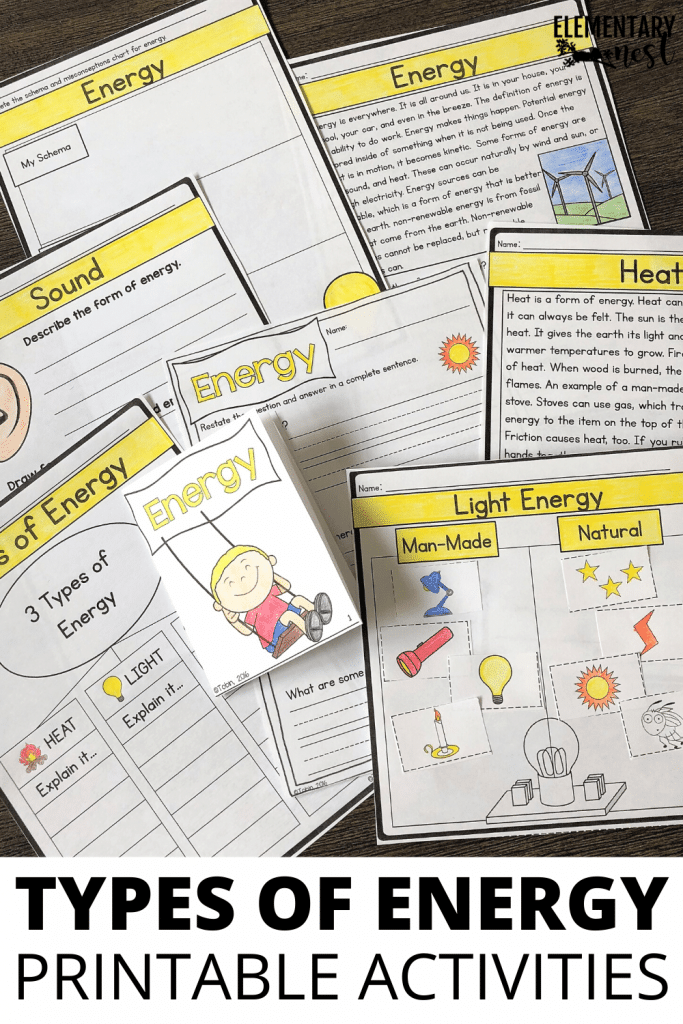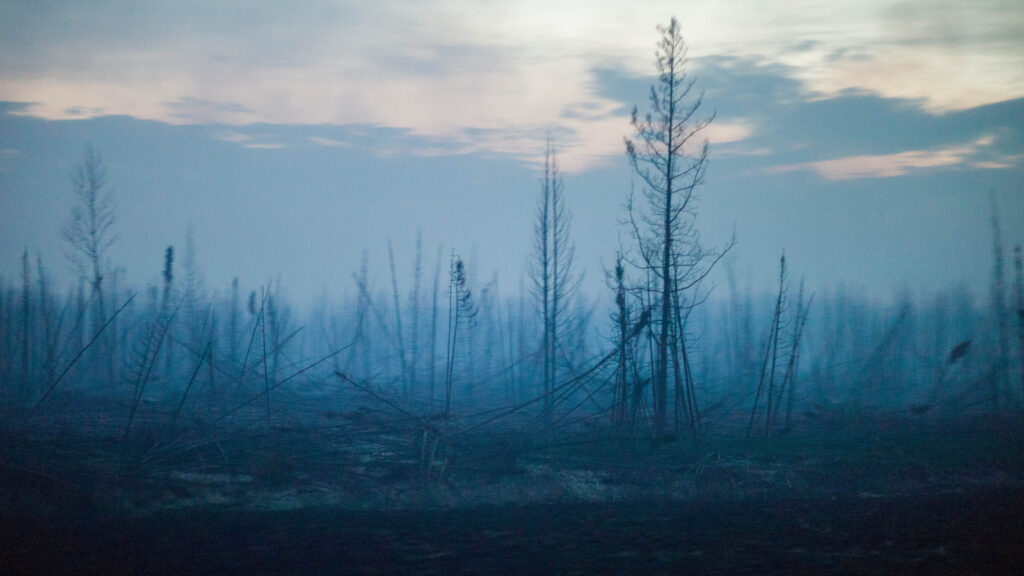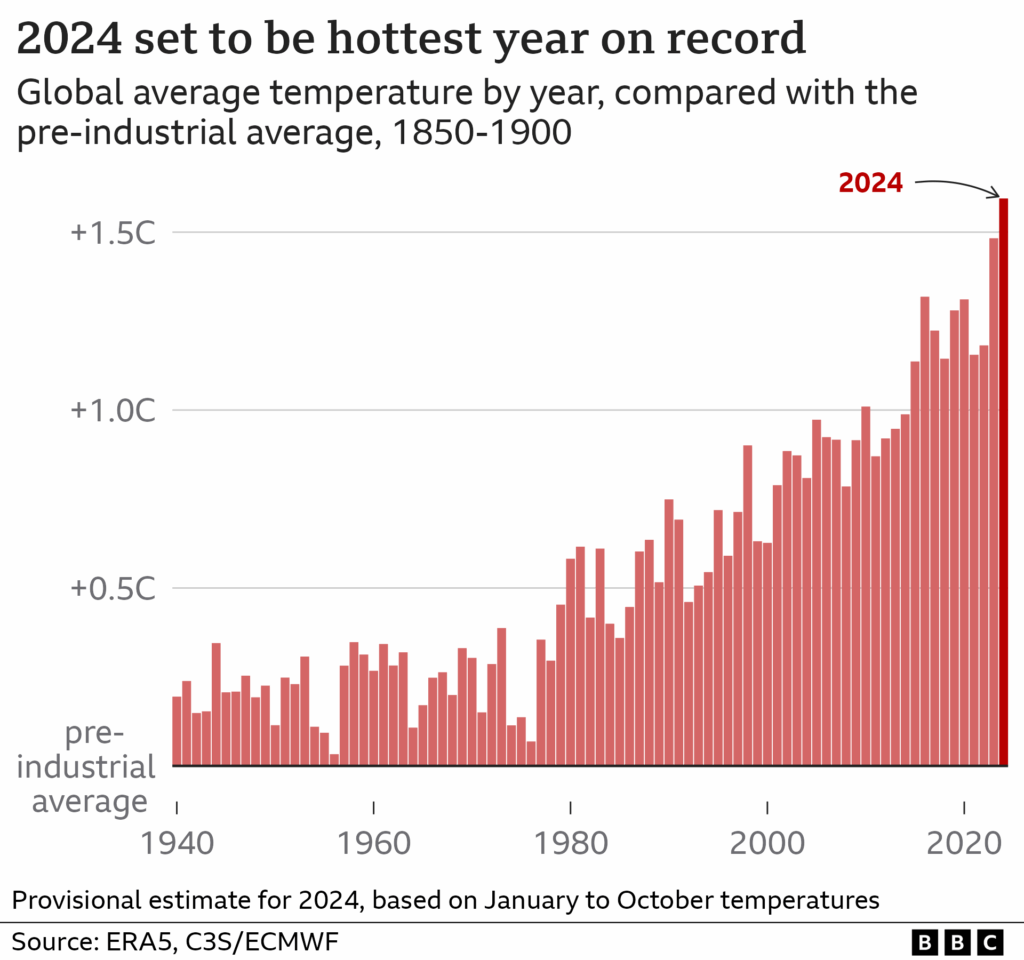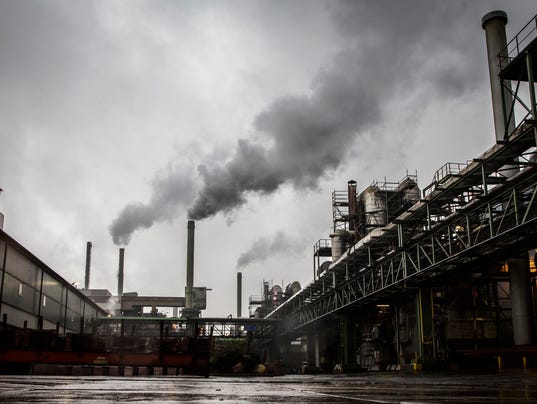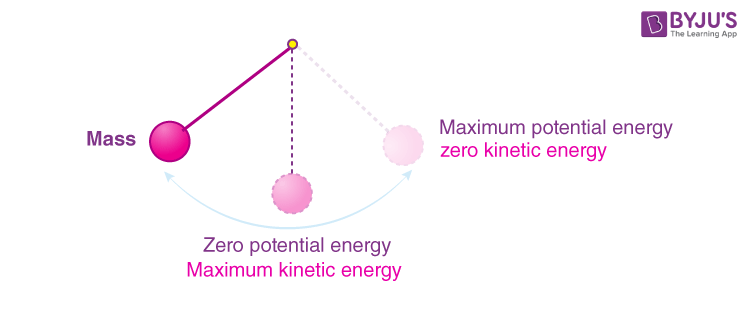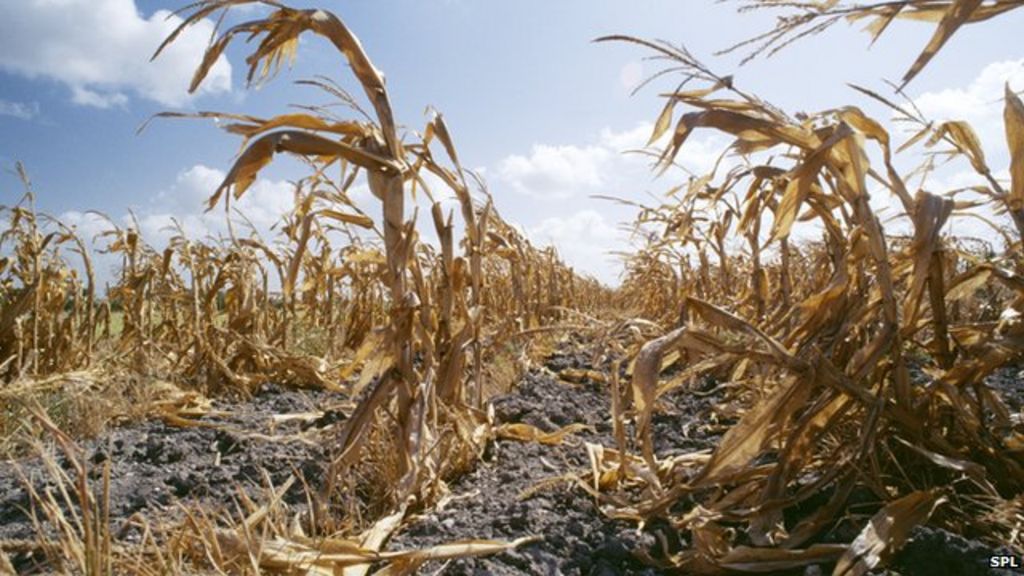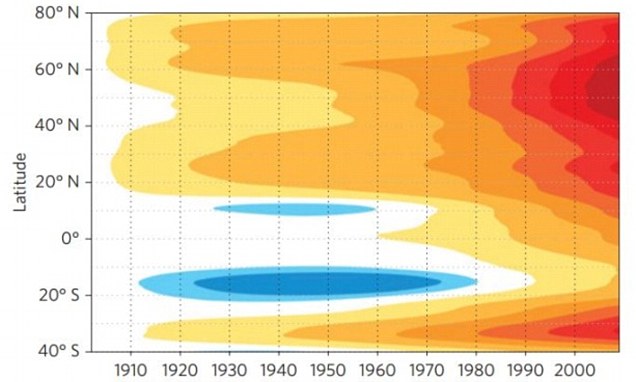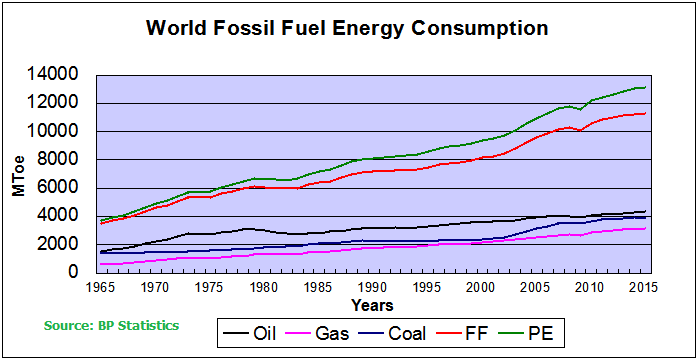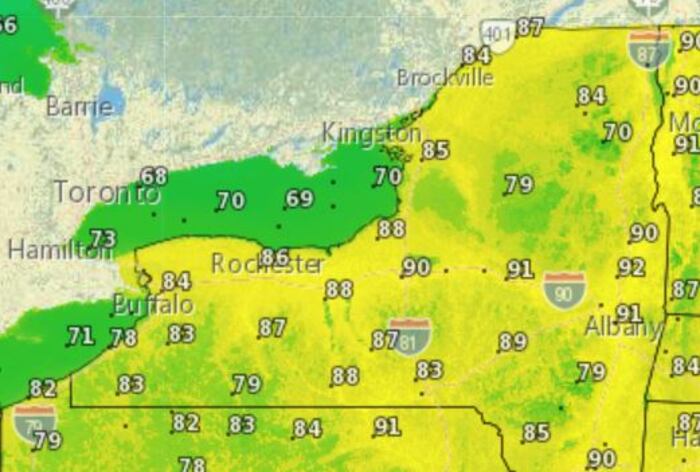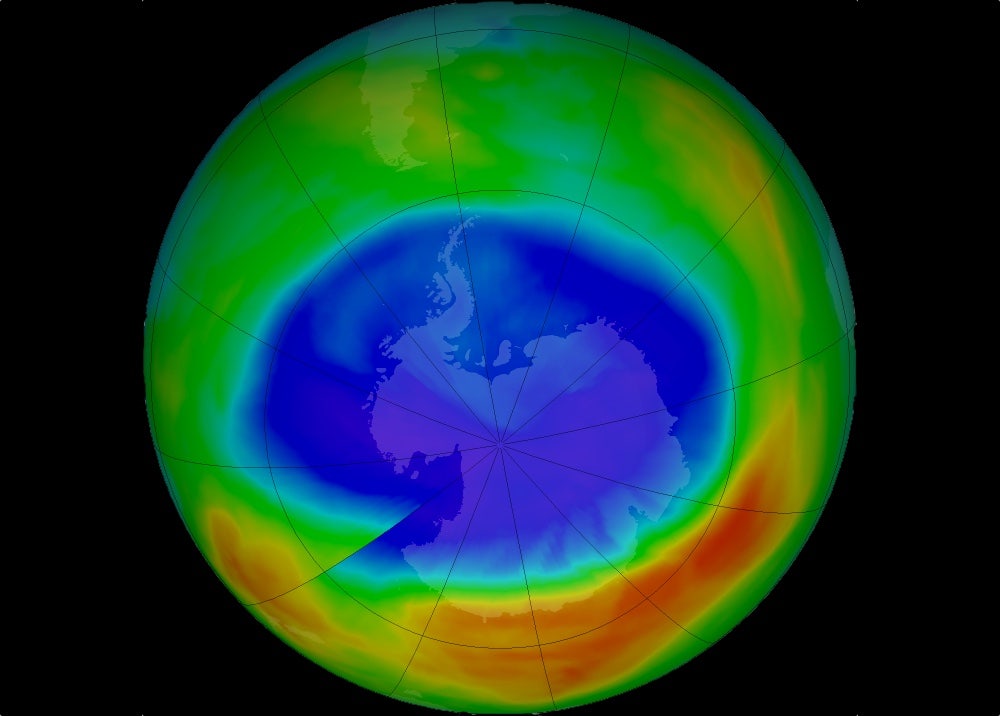Mass Momentum and Energy Conservation: The Triple Law of Physics
The interplay of mass, momentum, and energy forms a trio of fundamental principles in physics often referred to as the triple law of physics. These concepts, while distinct, are intricately connected and collectively govern the behavior of objects in motion, the transfer of energy, and the invariance of physical systems. Understanding these principles is paramount, ...
